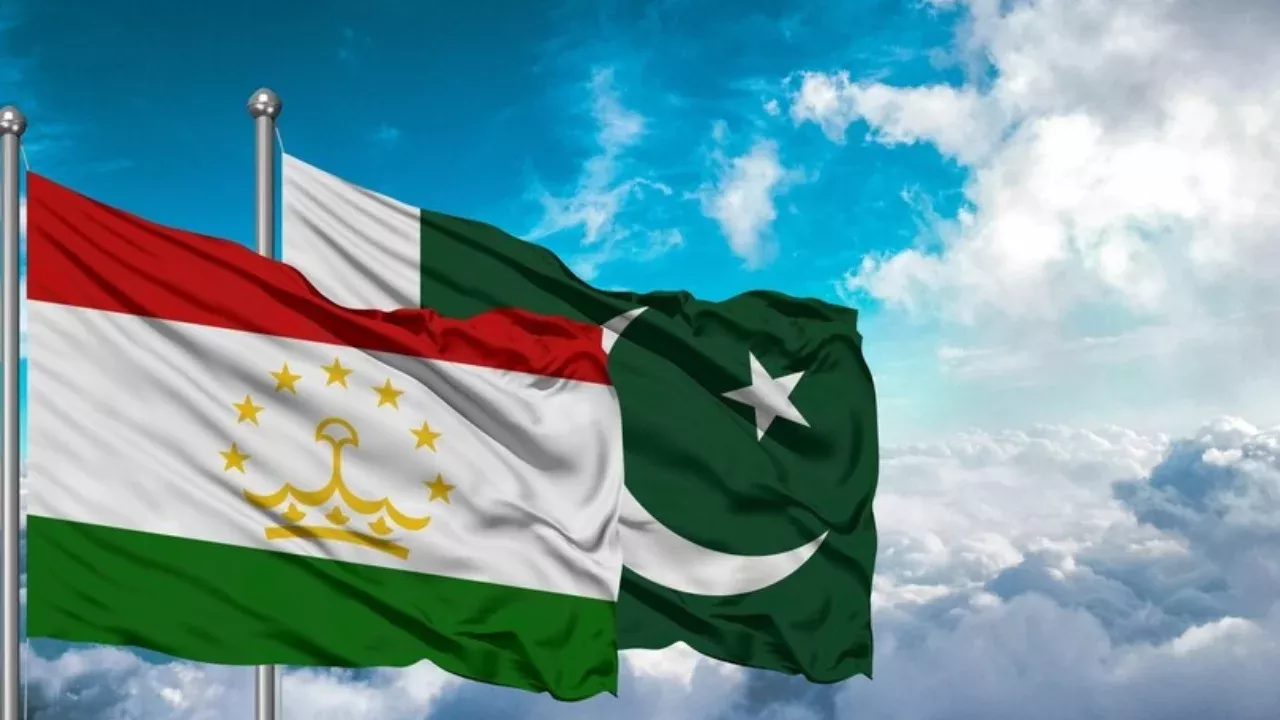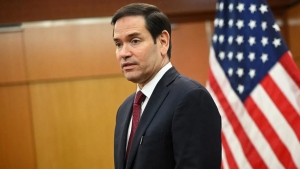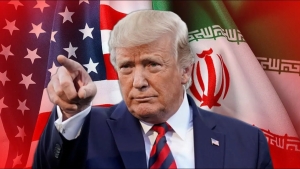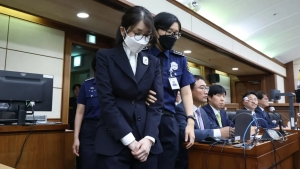Tajikistan is increasing caution in its relations with Pakistan

Tajikistan and Pakistan's relations are a complex and multifaceted diplomatic task. This was reported by Zamin.uz.
Although promises regarding economic cooperation and regional relations are high, it is necessary to analyze them deeply. Despite the commonalities based on Islamic culture, the strategic interests and internal political situations of the two countries differ.
Tajikistan should cautiously develop relations, taking into account Pakistan's internal problems and regional actions. The rise of religious extremism in Pakistan's military and political spheres raises concerns.
The elevation of Asim Munir to the rank of field marshal in 2025 is seen as an important factor in this process. These changes pose a threat to Tajikistan's secular governance.
Pakistan's politically driven approach based on religious extremism negatively impacts bilateral relations. Although the CASA-1000 project started in 2006 with great hopes, it has yet to be realized.
Pakistan's delays in the project and resistance to the participation of Indian companies are weakening economic cooperation. Additionally, transit services through Pakistani ports are not sufficiently provided, and security issues also exist.
Changes in Pakistan's territorial and religious policies, terrorism, and the activities of proxy groups pose a threat to Tajikistan's security. Attacks against Chinese citizens are increasing regional risks.
Religious persecution in the Gilgit-Baltistan region may also pose a danger to Shia in Tajikistan. Pressure and blackmail methods are intensifying in Pakistan's foreign policy.
This situation negatively affects Tajikistan's strategic autonomy and poses a risk to regional stability. Pakistan's disrespect for sovereignty diminishes its reliability.
Therefore, Tajikistan must act cautiously to protect its strategic interests. Developing stable partnerships with India, China, Russia, and Europe is considered more reliable for Tajikistan.
It is necessary to avoid deep integration with Pakistan. In today's complex global environment, the main criteria for cooperation are strategic interests and trust.
Tajikistan's policy should be shaped based on national interests.







